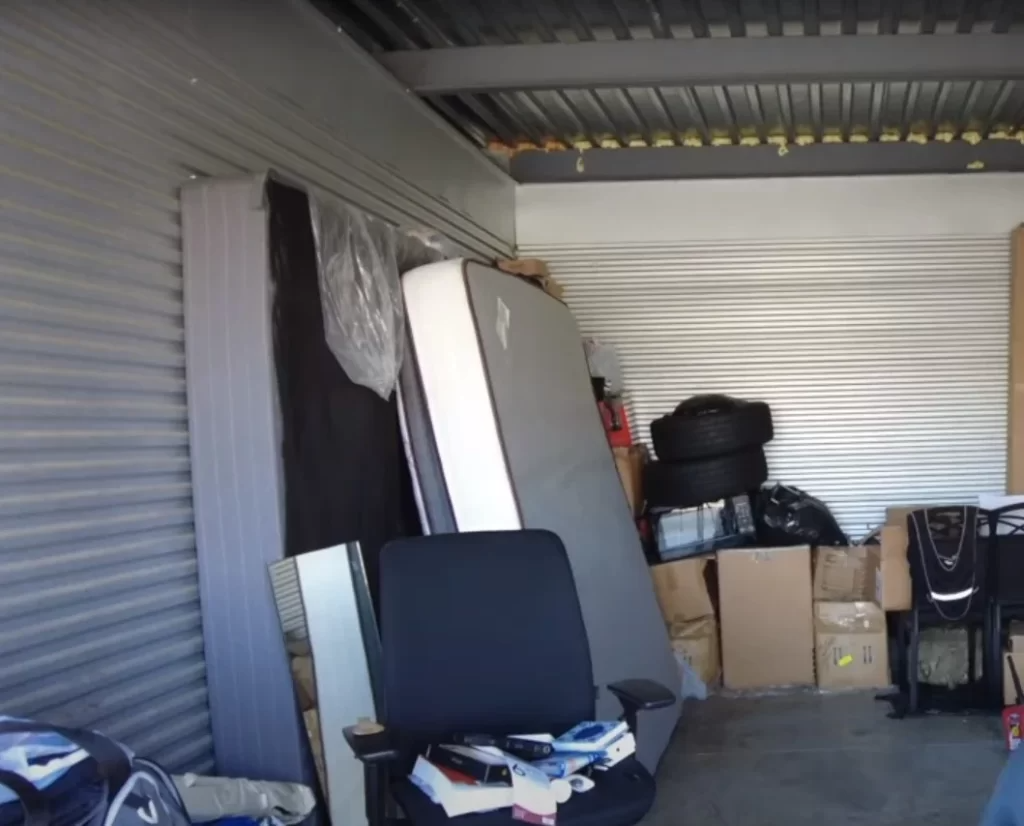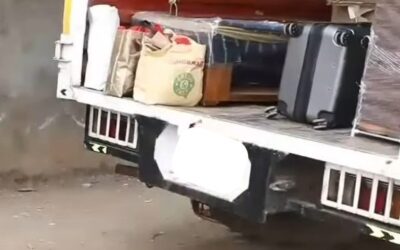
Moving to a new home is an exciting venture, but it can also come with a significant financial burden. From hiring movers to purchasing packing supplies and arranging transportation, the costs can quickly add up. This is especially true during the current tough economic times in Kenya, coupled with increase in taxes like the housing levy that the Kenya Kwanza government is pushing on Kenyans. However, with careful planning and a strategic approach, it’s possible to minimize the financial strain and save on moving expenses. Examples of things you can do to save on moving costs include: declutter before you move, pack and unpack yourself, use free or affordable packing materials, use professionals, and negotiate with movers.
Declutter before you move
Decluttering before your move is an essential step in saving on moving costs. To effectively declutter, start early, giving yourself ample time to sort through your belongings. Take a room-by-room approach, systematically evaluating each area of your home. As you go through each room, create categories such as “Keep,” “Donate/Sell,” and “Dispose.” Consider the usefulness and necessity of each item, letting go of things that haven’t been used in a long time or lack significant sentimental value. Usable items can be donated to local charities or sold online in websites like Jiji. Clear your refrigerator by donating food that is inside. Many Kenyans are having difficulty putting food on the table as Unga price have remained above KES 200 per 2KG packet for a very long time. Many will appreciate that food donation from you. Dispose of damaged or unusable items responsibly. If possible, digitize paperwork and photos to reduce physical clutter. Assess your furniture and large items, determining whether they are worth the cost of moving. Take measurements of your new space to decide what will fit and be functional. While sentimental items hold emotional value, assess their true significance and only keep those that truly matter. By effectively decluttering, you’ll reduce the volume of items to move, potentially saving on moving truck size and packing supplies, resulting in cost savings and a smoother moving process.
Pack and unpack yourself
Packing and unpacking yourself is a great way to save money during a move. To pack efficiently, start early by giving yourself ample time to complete the process. Begin with non-essential items and pack one room at a time. Make sure to gather all the necessary packing supplies such as boxes, tape, bubble wrap, and markers. As you pack, organize your belongings systematically and label each box with its contents and the room it belongs to. This will make unpacking easier and more organized at your new home.
When it comes to unpacking, take a similar approach. Start with essential items that you’ll need immediately, such as toiletries, bedding, and kitchen essentials. Unpack one room at a time, focusing on getting each room fully set up before moving on to the next. This will help you maintain a sense of order and prevent unnecessary clutter in your new space.
During both the packing and unpacking process, consider enlisting the help of family and friends. Their assistance can make the tasks more manageable and enjoyable. However, be sure to communicate your preferences and organize the process to ensure everything is packed and unpacked according to your specifications.
Remember to handle fragile and valuable items with care, using appropriate padding and protection. Take your time to wrap delicate items securely, so they are well-protected during the move.
Use free or affordable packing materials
When it comes to packing materials, there are ways to save money by utilizing free or affordable options. First, consider reaching out to local businesses, grocery stores, or liquor stores. They often have spare cardboard boxes that they are willing to give away for free. These boxes can be sturdy and suitable for packing various items. Additionally, ask friends, family, and neighbours if they have any spare boxes or packing materials from their recent moves.
To protect fragile items, instead of purchasing bubble wrap, you can use alternative materials such as towels, blankets, or clothing. These soft items can be wrapped around delicate items to provide cushioning during the move. Utilize socks to protect glassware or small fragile items.
Newspapers can also serve as a cost-effective packing material. They can be crumpled up and used as padding between items or for wrapping delicate objects. Just be cautious with newsprint, as it may transfer ink onto certain items.
If you prefer a more eco-friendly option, consider using reusable bags, laundry baskets, or suitcases to pack belongings. These items not only provide packing space but also serve a dual purpose by minimizing the need for additional boxes.
When it comes to sealing boxes, instead of buying brand new packing tape, check if you have any spare rolls at home or ask friends and neighbours if they have any extra tape you can use. Alternatively, consider using twine or rope to secure boxes.
Remember to label each box clearly with its contents and the room it belongs to. This will help with the unpacking process and ensure that fragile items are handled with care.
Hire Professionals
Using professionals is often cheaper that hiring a truck and doing it yourself. While it may seem counterintuitive due to the upfront cost, the expertise and efficiency of professional movers can result in overall cost savings. Here’s why and how:
- Time and efficiency: Professional movers have experience in packing, loading, and transporting belongings efficiently. They are skilled at maximizing space in the moving truck, handling fragile items properly, and navigating logistical challenges. Their expertise can save you time and minimize the risk of damage to your belongings, which can be costly to repair or replace.
- Specialized equipment: Moving companies typically come equipped with specialized tools and equipment to handle heavy or bulky items, such as furniture, appliances, or pianos. If you have such items that require special handling, renting or purchasing the necessary equipment yourself can be expensive. Hiring professionals who already have the right tools can be more cost-effective.
- Avoiding potential risks: Moving heavy furniture, navigating stairs or narrow hallways, or lifting heavy boxes can pose risks to your safety and health. Hiring professionals can help mitigate these risks, preventing potential injuries or damage to your property.
- Relocation assistance: If you’re moving long-distance or to a new city, professional movers can provide additional services such as storage options, vehicle transportation, or assistance with logistics and coordination. Bundling these services together with your move can often result in cost savings compared to arranging them separately.
Negotiate with movers
Negotiating with movers can be a beneficial strategy to reduce your moving costs. Gather quotes from multiple moving companies to have a range of options and price points.
During the negotiation process, inquire about any current promotions or discounts that the moving company may have available. They might have ongoing specials or seasonal offers that could help lower the overall cost of your move. By directly asking about these opportunities, you demonstrate your interest in securing a more favourable rate.
Additionally, consider negotiating specific services or fees that may be negotiable. For instance, ask if they can waive certain charges, such as installation of DSTV/ZUKU satellite dishes or TV wall mounting or packing material costs, or if they can provide other additional services, such as furniture disassembly and reassembly, at no extra charge.
Maintain open and respectful communication throughout the negotiation process. Be clear about your budget and expectations, and be prepared to provide reasons for your desired price adjustments. While not every moving company may be willing to negotiate, many are open to discussing terms to secure your business.
Remember that negotiation is a two-way process, and finding a mutually beneficial agreement is the goal. Stay flexible and open to compromise, as it may lead to a better outcome for both parties. Ultimately, successful negotiation can help you secure a more affordable moving cost while still receiving the quality service you need for a smooth relocation.
In conclusion, saving on moving costs is achievable through careful planning and implementing cost-saving strategies. By decluttering, you can reduce the volume of items to be moved, resulting in potential savings on transportation and packing supplies. Utilizing free or affordable packing materials and packing and unpacking yourself can further reduce expenses. Negotiating with moving companies can lead to better deals and discounts. By incorporating these strategies, you can make your move more budget-friendly while still ensuring a smooth and successful transition to your new home. Remember, with a little extra effort and thoughtful decision-making, you can save money without sacrificing the quality and efficiency of your move. Whether you are moving within Nairobi County or from one county to another in the country, you can certainly save some money, especially during these difficult economic times when every shilling matters.


